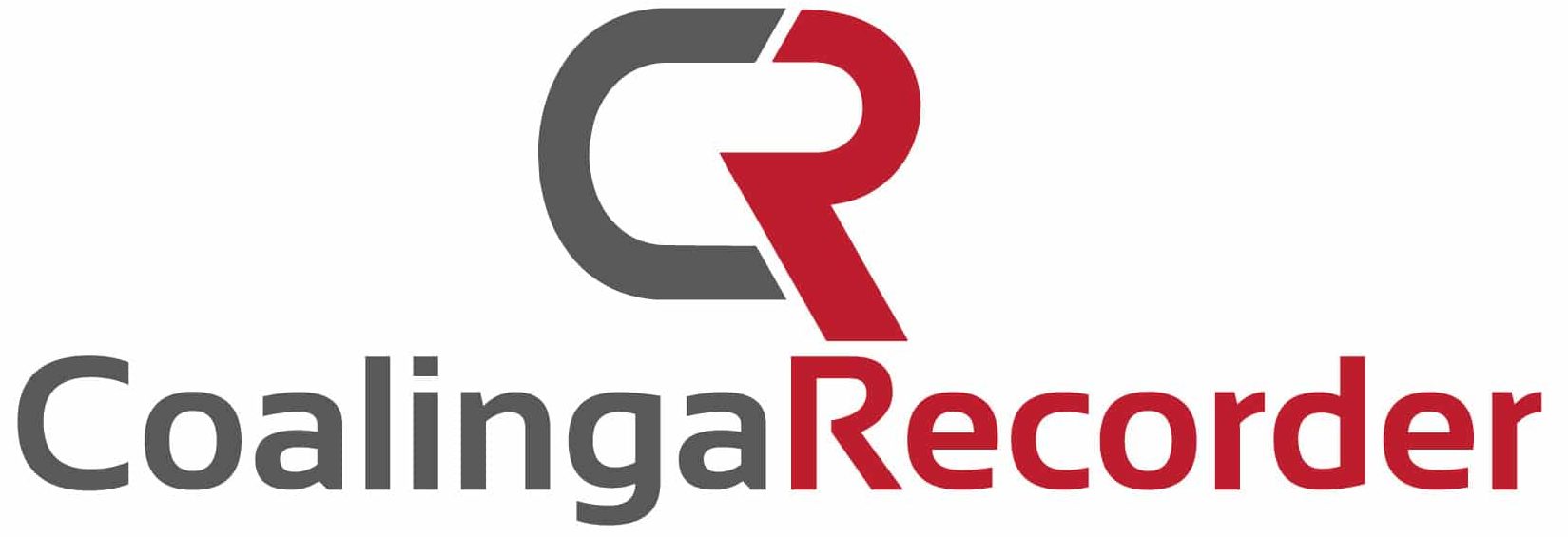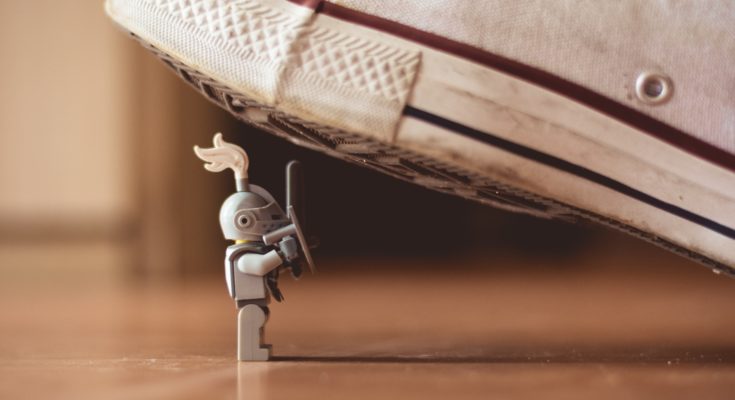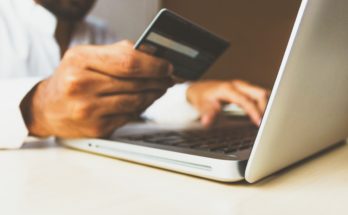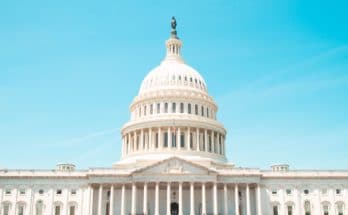Business Insider reported that 40 percent of U.S. households carry a monthly credit card debt. Of those Americans that carry credit card debt, the average amount of credit card indebtedness is $9,333. Thus, many people have heavy credit card debt. We are now also being informed by the mainstream media that we are about to enter a recession. How will people with heavy credit card debt be impacted?
Wink Capital, a firm that specializes in solutions for consumers who are experiencing heavy debt loads, has some predictions and advice for consumers as we stare down into the abyss of another recession.
What is Different About Credit Card Debt in 2019?
Higher Credit Card Interest Rates –
According to CNBC, when the Great Recession hit 10 years ago, the average credit card rate was at 13 percent. Now, in late 2019, the average credit card rate being charged to consumers is 17.61 percent. Double-digit credit card interest rates keep consumers from being able to easily pay down their balance. Thus, they are constantly servicing interest payments and can do little to attack the principle. For this reason, their debt keeps growing without being paid down.
Many Already Struggling to Make Payments –
CNBC is also reporting that over 13 percent of all credit card holders have had severe delinquency in the past year in making their payments. In the last recession, many people lost their jobs. If more job loss occurs during this recession, Forbes Magazine warns that one can expect there to be many people who will become delinquent in their payments on their credit cards and may experience foreclosures and bankruptcies.
Punitive Late Fees –
Also, Forbes warns that families will continue to suffer under excessive fees that credit card companies often charge when they are unable to make their payments.
The Type of Debt is Different –
In the Great Recession, many families had home equity lines of credit. When money got tight and jobs were lost, they were forced to borrow against their homes in order to try to stay afloat. Many lost their homes in this effort.
Today, Forbes is reporting that the loans consumers are forced to enter into are riskier, and families are saddled with high student loan, auto loan and credit card debt. When people are unable to repay these debts or miss payments, their credit suffers in the future, so they are saddled with higher-interest loans in the future that are more difficult to pay off. This makes a financial recovery for individual families and the nation more elusive.
Solutions
Reduce Expenses –
As we peer into a recession, now is the time to reduce your expenses. That will make it easier to try to pay down your credit card debt. Easy places to begin include avoiding eating at restaurants and reducing your monthly expenses for entertainment, such as cable television and expensive streaming services. Also, skipping Starbucks can be a great help to your budget.
Carefully Track Your Budget –
If you don’t already have a budget, now is the best time to make one and strictly follow it.
Reduce Your Interest Rates –
If you have the chance to pay off your credit card debt in 12 to 18 months, you could opt for a zero-interest, balance transfer credit card and make large principle payments in order to pay off all credit card debt.
Otherwise, you can apply for a personal debt consolidation loan that will likely carry a lower interest rate and will allow you to pay off the former credit card debt in a finite amount of time.
Wink Capital has solutions for consumers laboring under a heavy debt load. Call us today for answers to your debt problem




